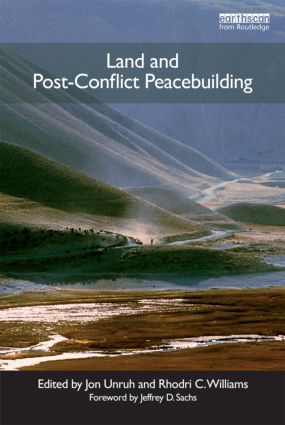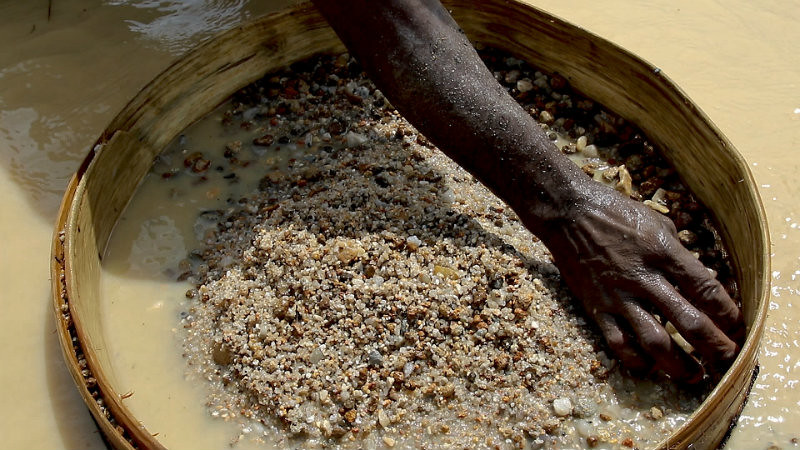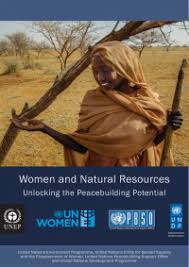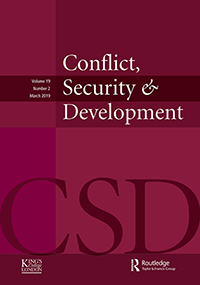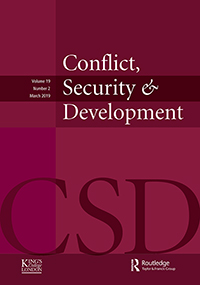Corruption risks and mitigation measures in land administration
Corruption in land administration has significant societal costs, and can have a major effect on the livelihoods of people worldwide. Corruption in this sector can reduce peoples’ access to land, and harm the livelihoods of small-scale producers, agricultural labourers, indigenous communities and landless rural and urban poor. Women, young people and ethnic minorities suffer most by having their access to land hindered by corruption.




